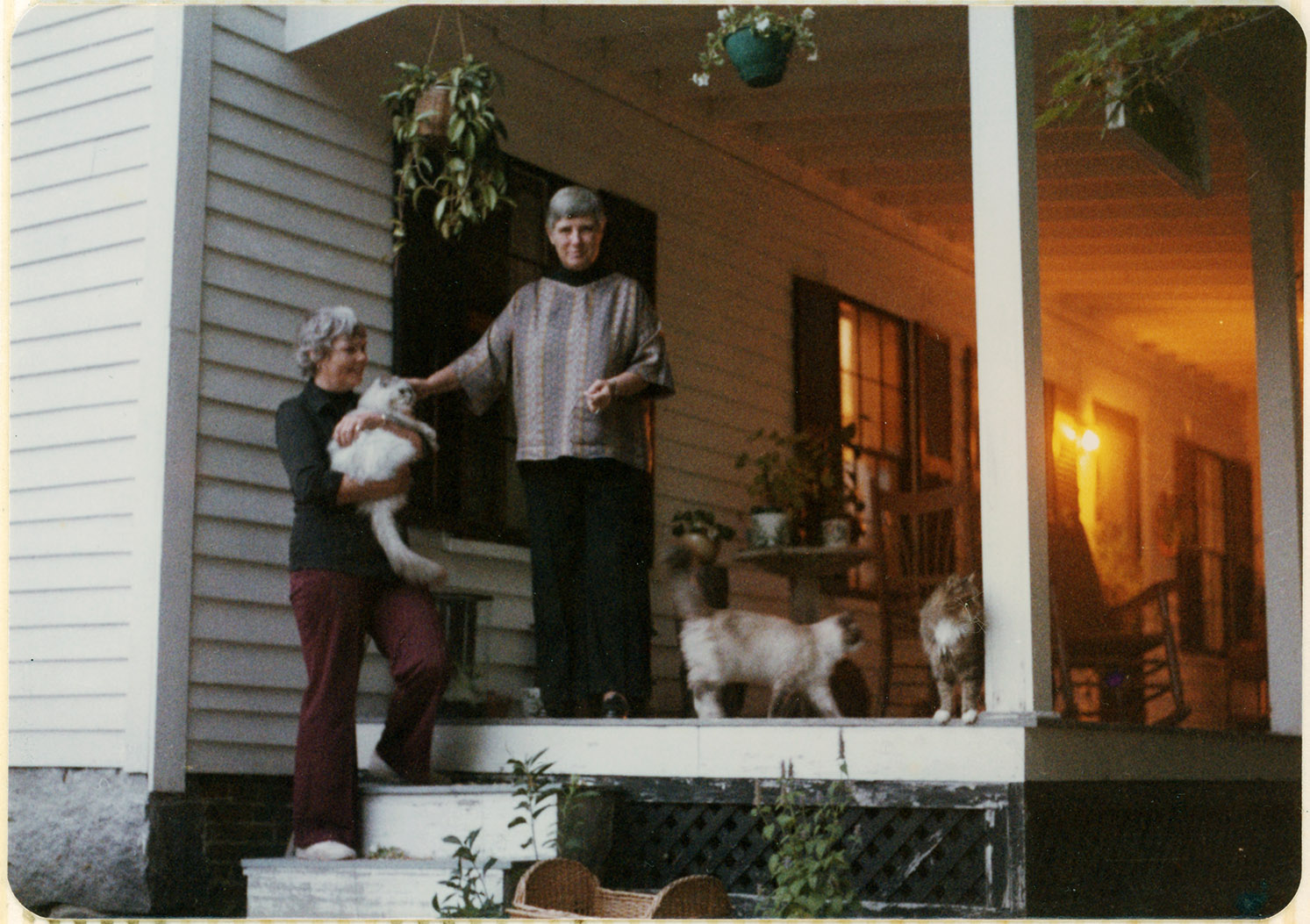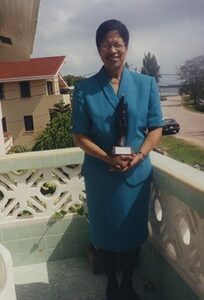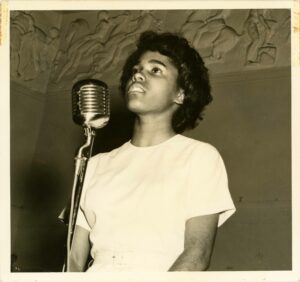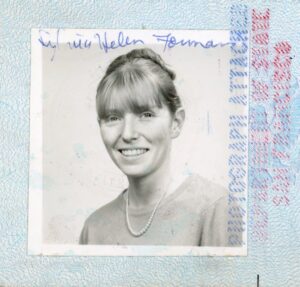Gloria Xifaras Clark Papers
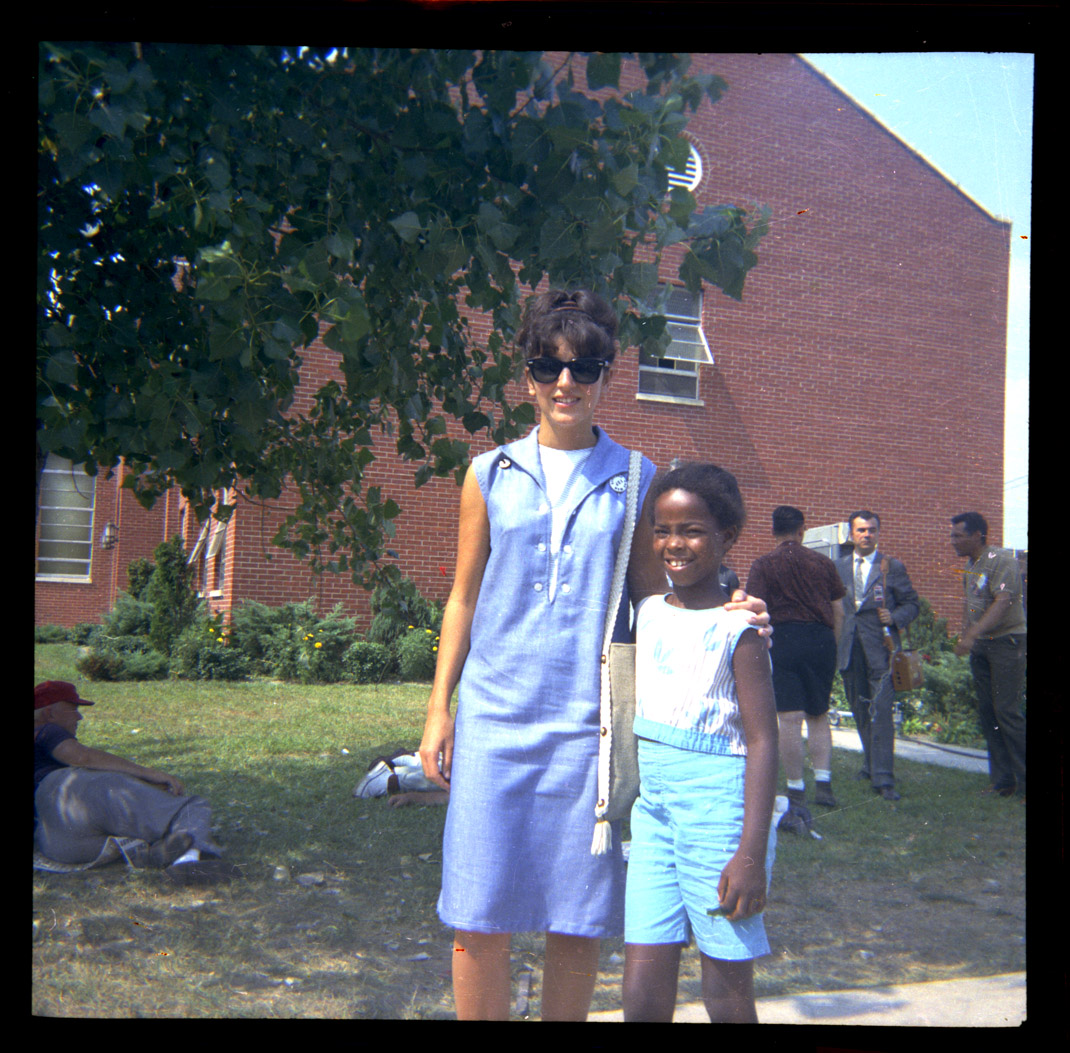
Gloria Xifaras Clark was working as an elementary school teacher in her home town of New Bedford in 1964 when she answered the call to enlist in the Mississippi Freedom Summer Project. A recent graduate of Wheelock College, she was assigned to teach in the Benton County Freedom School in Holly Springs for several months, and stayed on to help organize the Mississippi Freedom Democratic Party and to teach literacy and Negro history in Benton, Tippah, and Union Counties. She continued on the activist path after returning to Massachusetts, devoting her energies to economic justice initiatives and work with the Friends of SNCC and the NAACP, and diving headlong into the antiwar movement as head of the Greater New Bedford Draft Information Center. After spending three years in England with her family in 1972-1975, she resumed her civic and educational work in New Bedford, eventually earning appointment as head of the Commonwealth’s Office for Children under Michael Dukakis in 1983. With a keen awareness of the historical importance of the civil rights struggle, Clark became a key organizer of an oral history project during the 1990s that included her fellow veterans of the civil rights movement in northern Mississippi. The results are available digitally through the University of Southern Mississippi.
Documenting the evolution of one activist’s career, the Clark Papers offer valuable information on the Freedom Summer and Freedom Schools in northern Mississippi, particularly in Tippah and Benton Counties, and civil rights activism more generally. The collection includes communiques among civil rights workers in the region, a variety of correspondence, pamphlets, newsletters, and ephemera, plus a small, but noteworthy collection of photographs. Of particular significance among the later materials is a thick body of material from the Draft Information Center in New Bedford (1967-1968), the Vietnam Summer project (1967), and relating to Clark’s role in the Harvard Strike of 1969.


